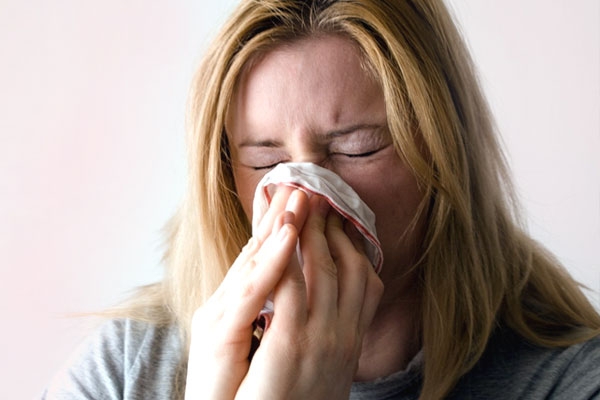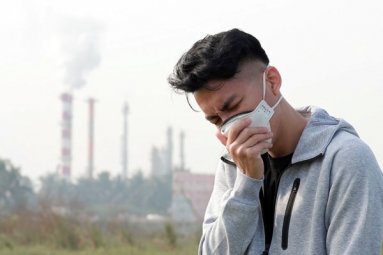
The rainy season is behind us and the winter is all-ready to take over. But, does this season-change affect the COVID-19 pandemic.
While some of the countries are already experiencing the second wave of coronavirus, there are rising concerns that the winter season could bring drastic changes to the coronavirus pandemic.
Several epidemiologists are saying that the winter season means that the coronavirus might actually stay longer in the air.
As the virus leaves a person’s body, the cold air helps to preserve the virus in the air and keep it alive a little longer.
According to the experts, this is the reason why the winter season is also known as the flu months.
Respiratory infections like the coronavirus are spread through the droplets that are released whenever a person coughs or sneezes, according to the Public health agency of Canada.
Timothy, an epidemiologist at the Ryerson University said that people don’t exhale the virus but the virus will be inside the droplets of various sizes.
He also explained that when the air is dry especially during the winter months, the moisture in the respiratory droplets evaporates within just seconds leaving the nucleus of the droplet containing the virus to float in the air.
This could also mean that the droplets are smaller and would also be lighter than they would be in the humid weather. This scenario also means that they could also spread faster during the winter months.
Yet another reason why the winter months can make the coronavirus spread worse could be that the mucous membrane gets dried out in the cold weather thereby making it much harder for the nose to filter the pathogens.
Basically, when the airways dry out, it makes the virus to gain easier access to the human body.
All these factors contribute to the ideal conditions for the respiratory viruses like the coronavirus to spread faster.
However, this does not mean that it will only happen with the COVID-19 only.
But, the experts suggest that people should especially maintain safe distancing and wear masks during the winter months.
Wearing masks and practicing social distancing would be the best measures to prevent COVID-19 during the winter.
There are several other reasons that could increase the virus spread in winter.
People are traveling more as many of the offices have started to be operational and schools are being reopened in a phased manner and these factors play a major role in increasing the viral spread.
It is still not completely known if the coronavirus can spread faster in the winter months and experts have started looking into the matter.
A study was published in August in the journal Transboundary and Emerging diseases which said that Australia has witnessed a spike in the number of COVID-19 cases and the air has become drier and the humidity level dropped.
There is also growing evidence that the climatic conditions could alter the evolution of the COVID-19 pandemic.
- By Gayatri Yellayi



















